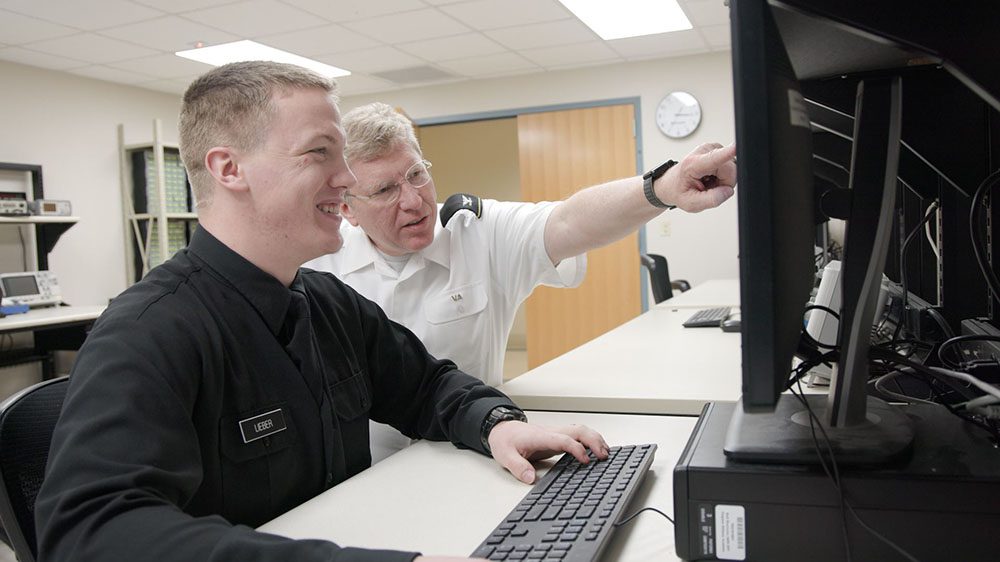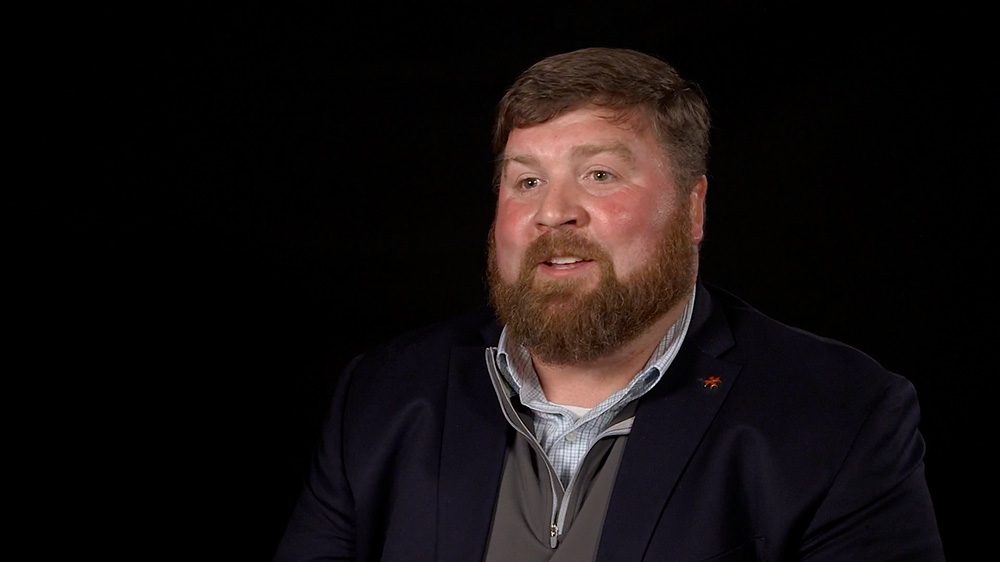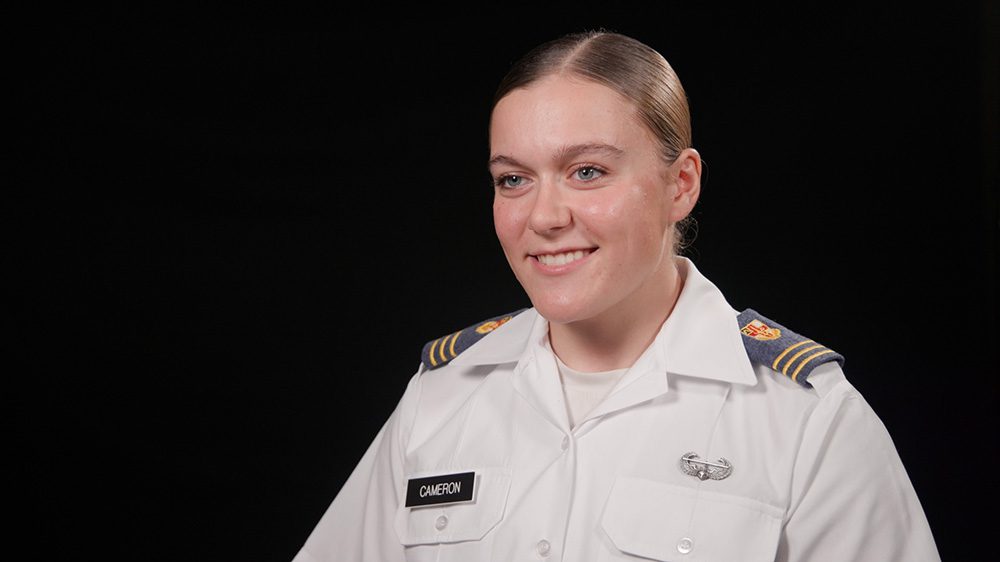These days, almost everyone knows someone who’s been afflicted with a tick-borne illness. From Lyme disease to alpha gal syndrome, these tiny parasites cause an outsize amount of human suffering. Up until now, the only solution was to either stay indoors or use a toxic insecticide, permethrin, that’s been linked to a number of serious health effects in humans and animals.
But at Virginia Military Institute, a small military college in the mountains of Virginia, a group of researchers has been battling ticks head-on with an unusual invention.
The tick rover, which is approximately the size of a small dog, is a carbon dioxide-emitting robot that combs through grassy areas, picks up ticks, and quickly kills them. It does this by dragging permethrin-coated cloths—a method of removal that kills ticks without leaving a high level of insecticide behind.
“It was really something that fit a societal need that other people had overlooked because, you know, they’re looking for the fancier solutions,” said Jay Sullivan, one of the robot’s inventors and a professor of mechanical engineering at VMI.
Because VMI is so small—the enrollment is approximately 1,500 cadets—inter-departmental collaborations are common. To create the rover, Sullivan teamed with Jim Squire, a professor of electrical engineering at VMI. Ten years ago, Dr. Holly Gaff, professor of biological sciences at Old Dominion University, joined the effort to put the tick rover through rigorous testing.

“She published a paper that found that this device was very, very successful at removing ticks,” said Squire. The reduction in tick density, Squire noted, is typically 85% to 95%.
Over the past 20 years, Sullivan and Squire have brought dozens of cadets on board to help with their research—an important step because all VMI’s engineering programs emphasize learning by doing. What’s more, some of those cadets are listed as primary authors on the tick rover’s patents—an amazing feat for undergraduates.
Of course, inventors are known for wanting to fine-tune their creations. Over the past two decades, Squire and Sullivan have challenged cadets to tweak the rover’s performance and make it more user-friendly. In spring 2020, those efforts paid off with national recognition, as the tick rover won national recognition in a contest sponsored by the Institute of Electrical and Electronics Engineers.
Cadets who worked on the rover that year earned an all-expenses paid trip to Spain for the international competition—but the COVID-19 pandemic put an end to their hopes of attendance. Still, one of those cadets knows that the tick rover has given him opportunities that he wouldn’t have had at another school.
“I came in with that passion for wanting to do projects that are hands-on, applying what I’m learning in the classroom right away,” said Joseph Lieber, VMI class of 2023, now in his fourth year of rover research.
For Lieber, the tick rover is the perfect example of what makes engineering a true helping profession. “I see that light at the end of the tunnel,” Lieber stated. “I see how this project can benefit someone’s life. … You want to build something that helps someone, that makes someone’s quality of life that much better.”
This summer, the tick rover’s testing will move to the national level. VMI is partnering with the University of Florida’s CDC Center for Excellence to test the rover at 25 sites ranging from as far north as Massachusetts to as far south as Florida.
Editor’s Note: A version of this story was posted on richmond.com.
-

Christian Heilman Director of Digital Content
The director of digital content is responsible for creating original video and multimedia materials, as well as developing and editing web and digital content. The director is responsible for platform coordination and troubleshooting, to include the VMI Alumni Agencies’ primary websites, digital newsletter and other digital platforms.

Mary Price Development Writer/Communications Specialist
The development writer plays a key role in producing advancement communications. This role imagines, creates, and produces a variety of written communication to inspire donors to make gifts benefiting VMI. Utilizing journalistic features and storytelling, the development writer will produce content for areas such as Annual Giving, stewardship, and gift planning.




